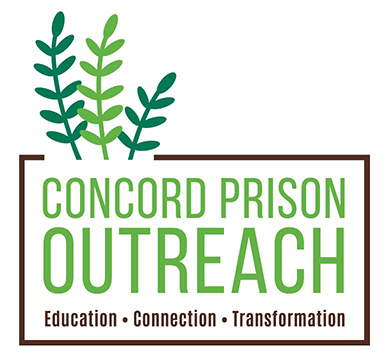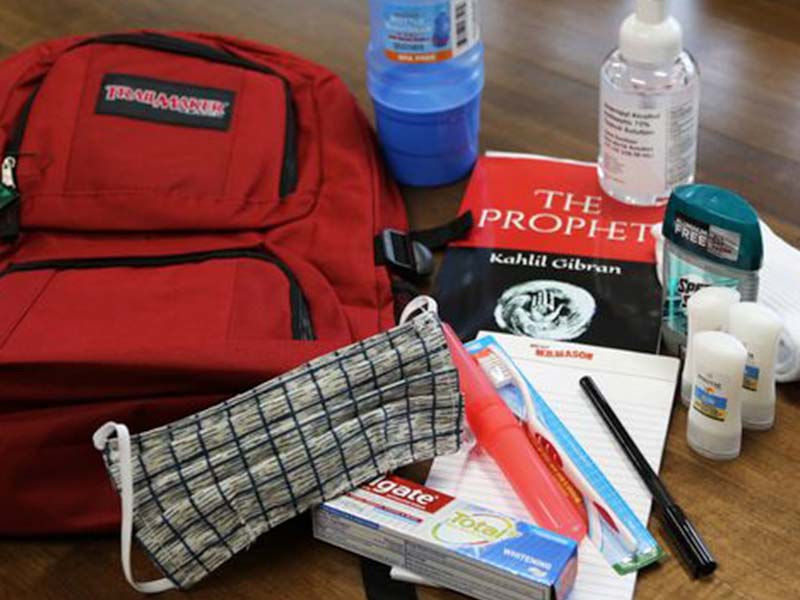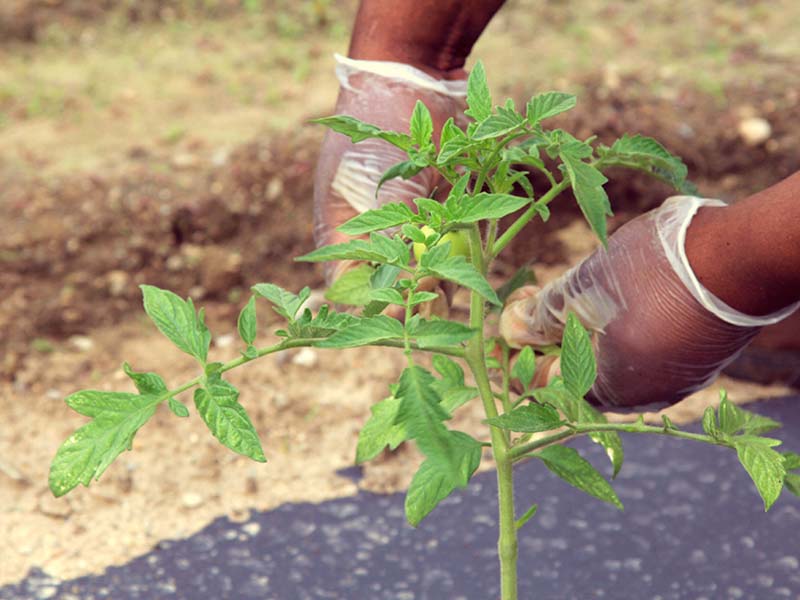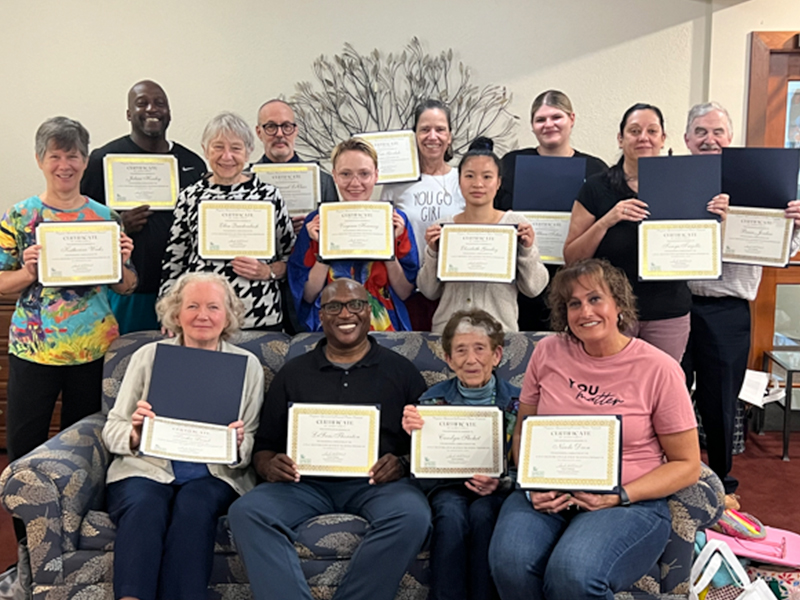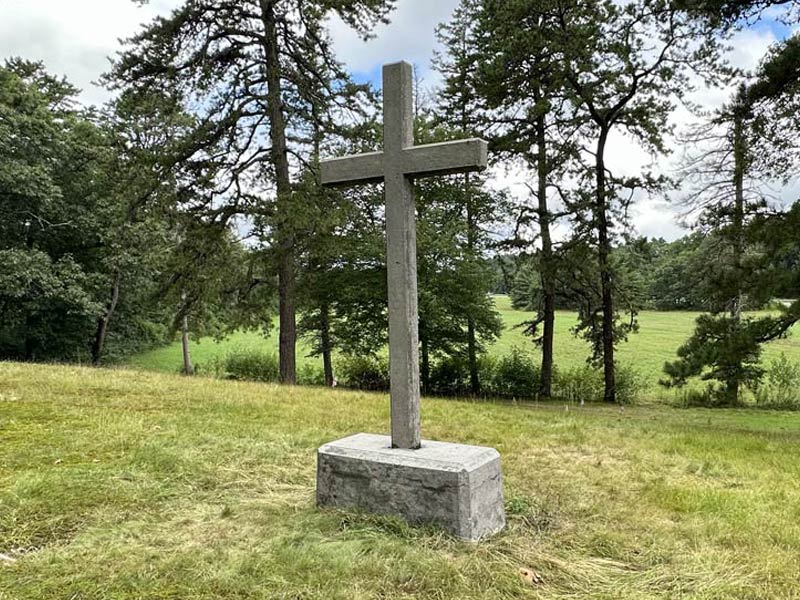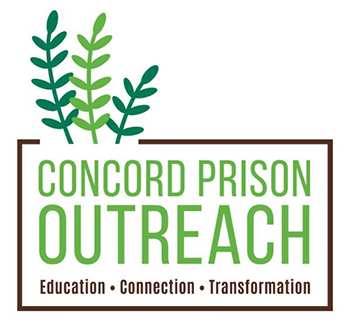RESTORATIVE JUSTICE
What is Restorative Justice?
Restorative Justice (RJ) is both a philosophy and a set of practices aimed at repairing harm by emphasizing accountability, healing, and transformation. Unlike traditional justice systems that often prioritize punishment, RJ invites those who have caused harm to acknowledge their actions, understand their impact, and take meaningful steps toward making amends. It also uplifts the voices and needs of victims and communities affected by harm. Restorative Justice encourages empathy, fosters personal growth, and helps prevent future harm. At Concord Prison Outreach, RJ serves as a core component of our social-emotional programming, offering an alternative framework for justice that centers connection, reflection, and healing.
“One of the deepest values of being part of a Restorative Justice circle is that the wisdom comes from the circle itself; it’s a leaderless process rooted in shared humanity.”
— Sam Williams, Restorative Justice Facilitator
CPO’s Restorative Justice Pathway
CPO’s RJ programming is designed to equip both volunteers and incarcerated participants with a deep understanding of restorative practices. The pathway begins with an outside-the-wall facilitator training and continues with inside-the-wall programming facilitated by trained volunteers.
Restorative Justice Facilitator Training (Outside the Prison)
This 16-hour, 4-day intensive training equips volunteers with the knowledge and skills needed to facilitate Restorative Justice programs in correctional settings. Held outside the prison environment, the training is rooted in trauma-informed, culturally responsive, and adult learning practices. Participants will gain hands-on experience in:
- Restorative Justice theories, principles, and practices
- Adult learning pedagogy
- Group facilitation and communication skills
- Trauma-informed approaches
- Culturally responsive practices
This training is critical for expanding the reach and quality of CPO’s RJ programming. Full participation across all four days is required for successful completion. Trained volunteers will be eligible to facilitate Restorative Justice programs at the following sites: MCI-Framingham, MCI-Norfolk, MCI-Shirley, Middlesex House of Correction, Pondville Correctional Center, and Worcester County Jail.
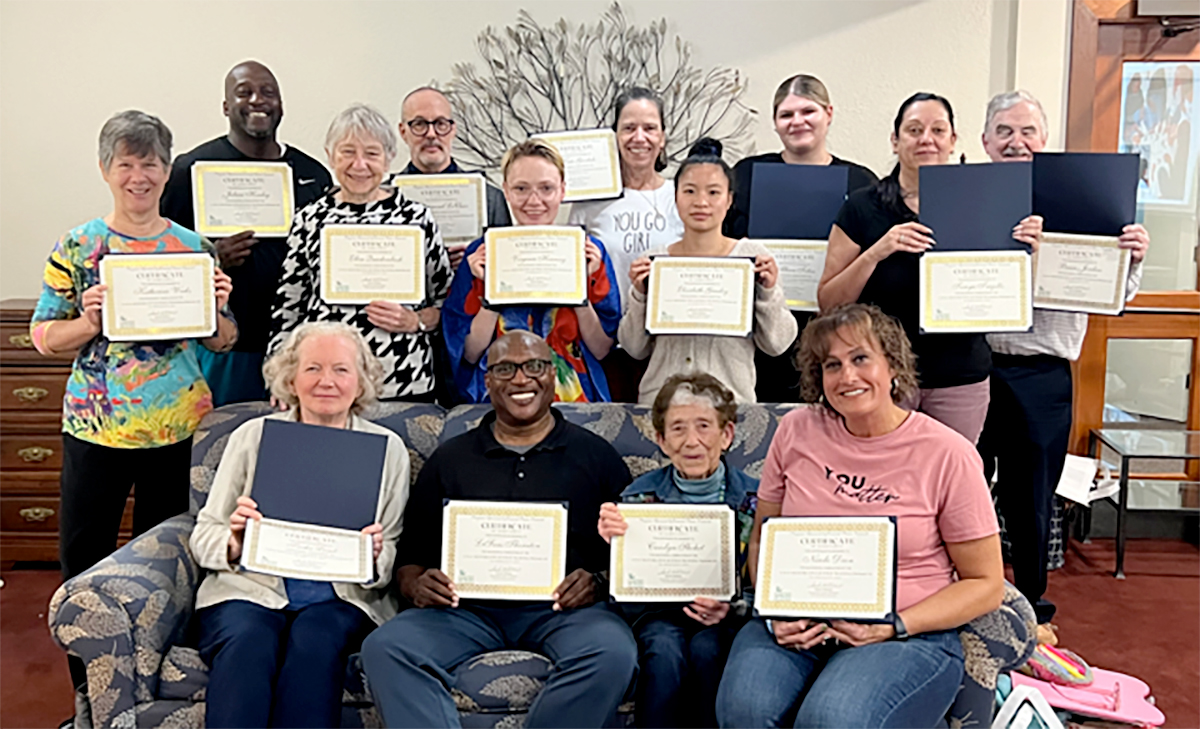
Restorative Justice Reading Group (Inside the Prison)
Following the facilitator training, volunteers co-lead this 8-week program with incarcerated participants. The group introduces foundational Restorative Justice concepts, including:
- Historical roots of RJ
- Key principles such as accountability, responsibility, and making amends
- Exploration of harm, impact, and empathy
Participants engage with selected readings and facilitated discussions, reflecting on how their actions affect others and how they can begin the process of repair and healing.
Note: At MCI-Shirley, the program is extended to a 10-week format, using the same materials but allowing additional time for deeper discussions and reflection.
“I’ve been a member of CPO, volunteering in Massachusetts prisons for the past five years. Being part of a restorative justice circle has been the most meaningful experience I’ve had during that time. The RJ circle truly becomes a community of care and mutual respect.”
— Ed Bond, Restorative Justice Reading Group Volunteer
Restorative Justice Maintenance Group (Inside the Prison)
The RJ Maintenance Group is a follow-up offering for individuals who have completed the Reading Group. This ongoing program allows participants to deepen their engagement with RJ principles, explore restorative practices more fully, and apply them more intentionally to their lives. It offers space for continued reflection, community-building, and growth beyond the introductory curriculum..
